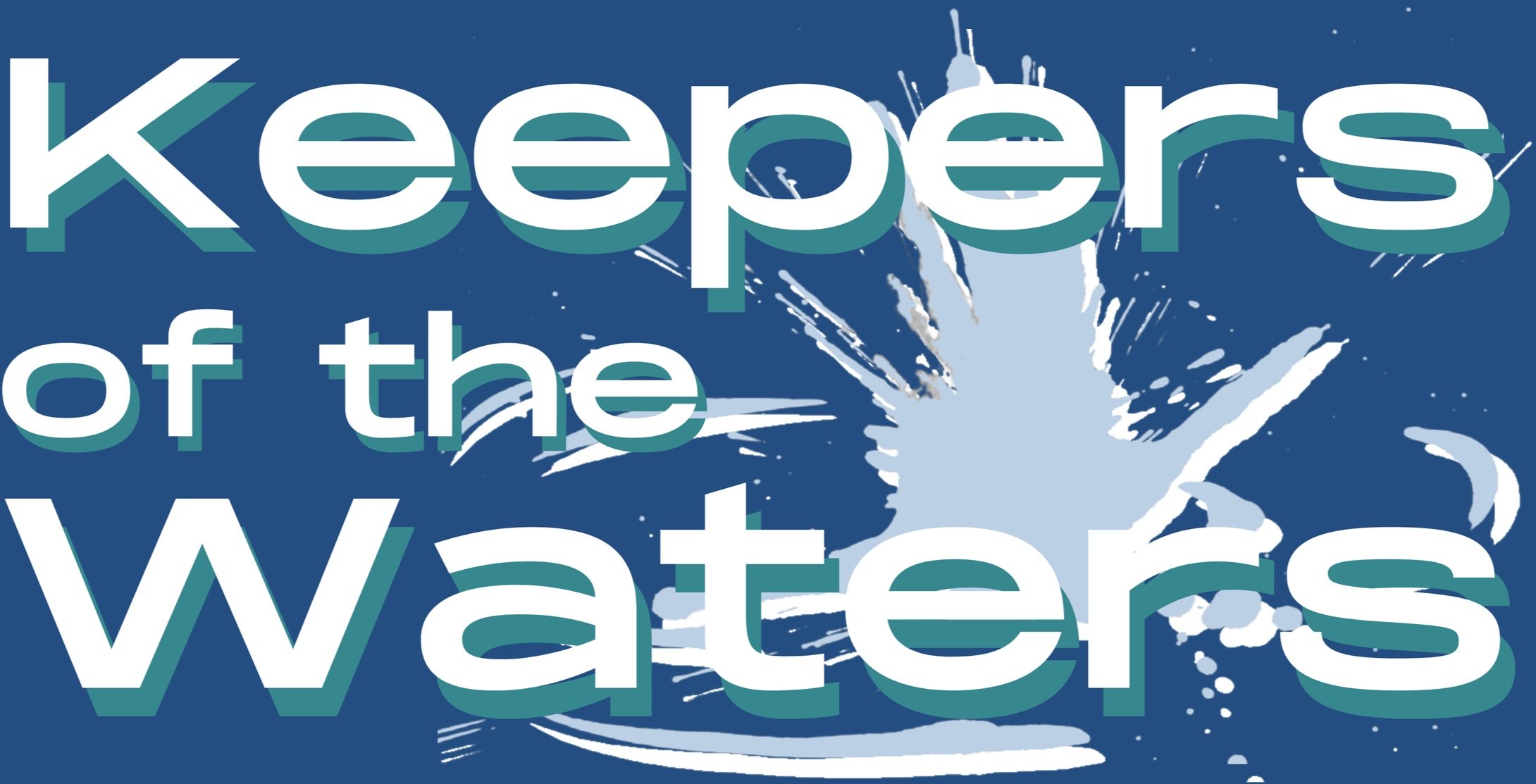America's Water Problem
As water bills rise, public water supplies get worse. The most vulnerable Americans pay the price.
1.7 MILLION AMERICANS
LACK ACCESS
TO BASIC PLUMBING.
A recent investigation by The Guardian has uncovered a dismal picture when it comes to America's public water supply: millions of Americans are facing higher and higher water bills, all while water quality is falling. A survey of 12 cities found an average increase of 80% in water bill costs over the past 8 years. “More people are in trouble, and the poorest of the poor are in big trouble,” says Roger Colton, a leading utilities analyst. “The data shows that we’ve got an affordability problem in an overwhelming number of cities nationwide that didn’t exist a decade ago.” Meanwhile, federal water bill aid has plummeted, and the consequences of climate chaos—specifically, droughts—are bringing massive disruptions to water sources.
In America—the richest country on earth—1.7 million people lack access to basic plumbing like toilets, showers, or basic running water. The COVID pandemic threatens to raise that number, since high unemployment means more and more people won't be able to pay the bills to keep their water on. According to The Guardian, "At this rate, more than a third of American households may not be able to afford their water bills five years from now."
America's water crisis is yet another example of society's most vulnerable paying the price for the climate destruction caused by the most powerful. Water must become a human right for real change to happen.
The Water Act
Progressives in congress are proposing the Water Affordability, Transparency, Equity and Reliability (Water) Act, which would provide grants for water infrastructure repairs. The bill, which is being spearheaded by Senator Bernie Sanders and Congresswoman Brenda Lawrence, will also help families make upgrades to household wells and septic systems. Schools would also receive up to $1 billion a year for water infrastructure—which is critical, because lead presents a unique risk to childhood development. This bill will also hold utility companies accountable for engaging in service shutoffs, discrimination, and civil rights violations. Our response to the COVID crisis must include a consciousness of water.


